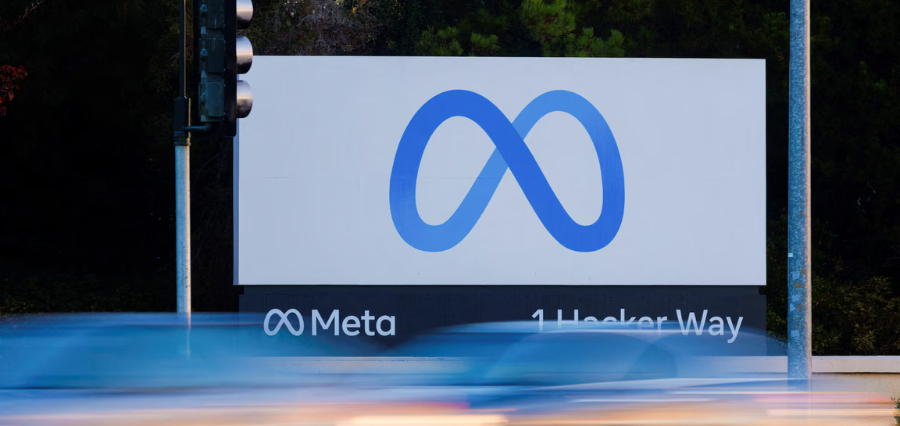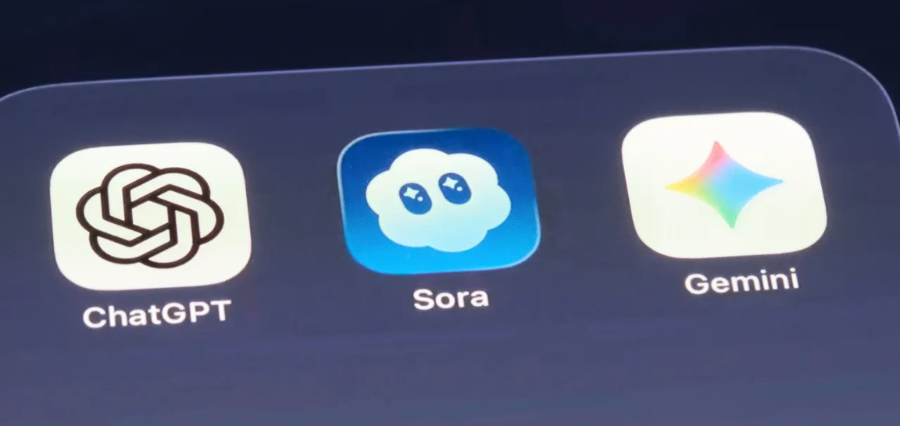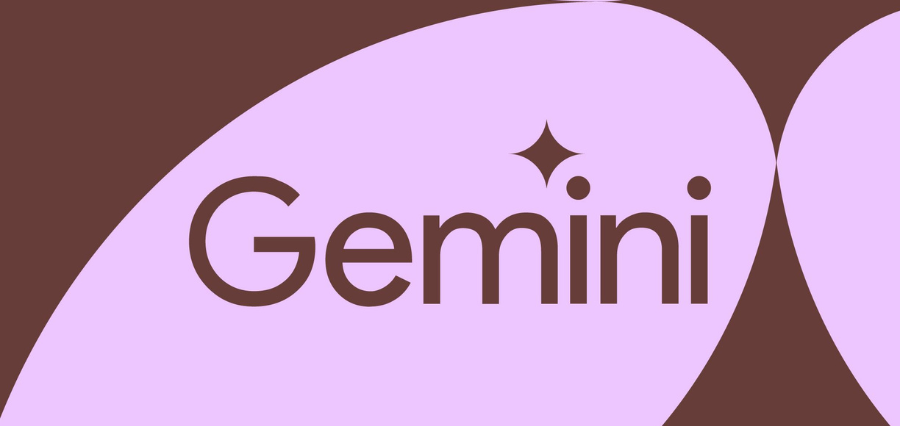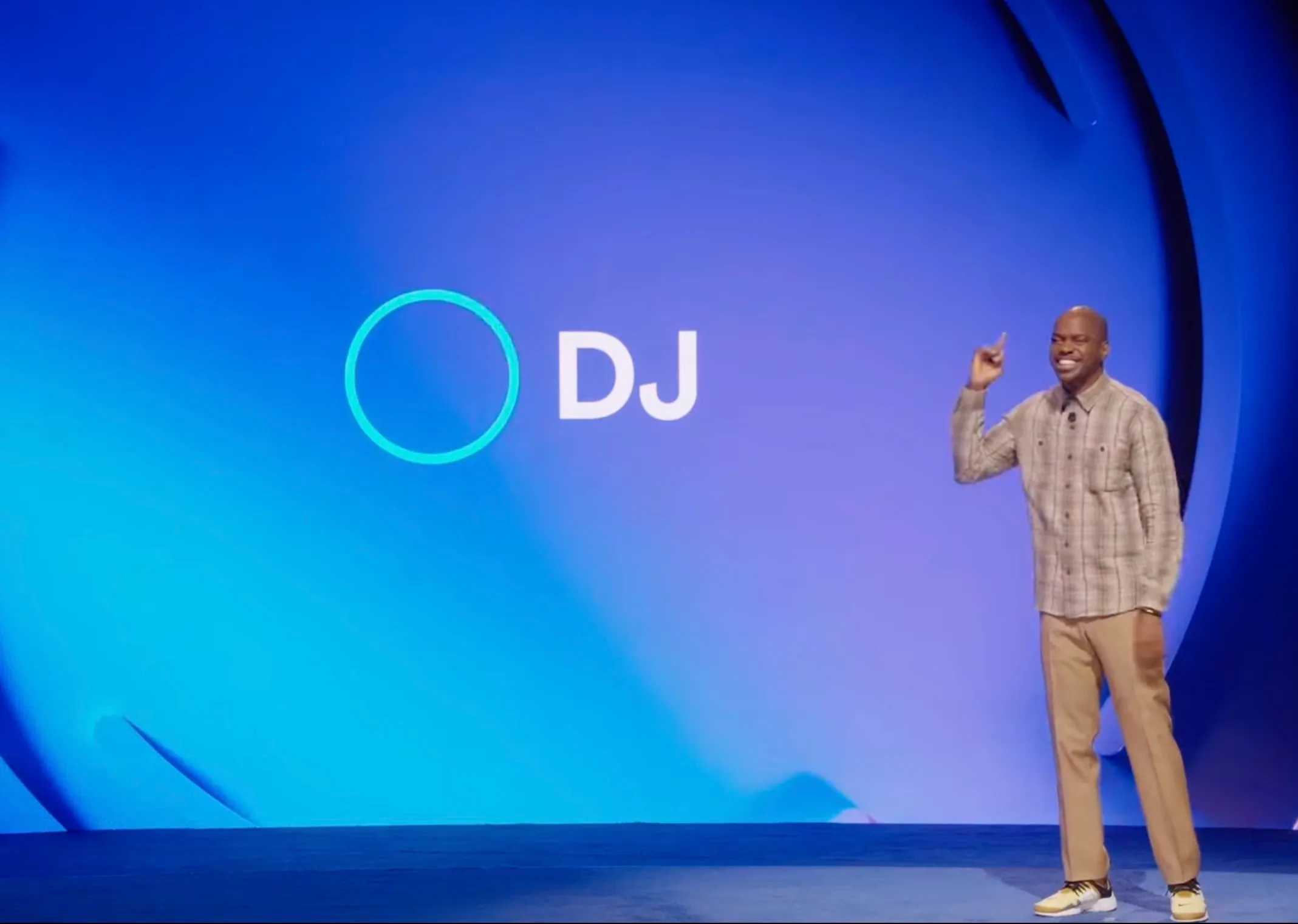





In a bid to make geometry more engaging for her 6th-grade honors class, Dallas math teacher Ana Sepúlveda turned to ChatGPT. Knowing her students’ love for soccer, she asked the AI to help connect mathematical concepts to the sport. Within moments, the chatbot generated a five-page lesson plan, complete with a theme: “Geometry is everywhere in soccer — on the field, in the ball, and even in the design of stadiums!”
The plan explained the use of shapes and angles on a soccer field, provided conversation starters, and even suggested a creative project where students design their own stadiums using rulers and protractors.
“AI has truly been a game changer,” Sepúlveda said. Teaching at a bilingual school, she also relies on ChatGPT to translate lessons into Spanish and communicate more effectively with parents, all while enhancing student engagement.
Across the U.S., artificial intelligence is revolutionizing how teachers approach their work. From crafting quizzes and worksheets to grading and lesson design, AI tools like ChatGPT are freeing educators from time-consuming administrative tasks—helping them focus on what matters most: teaching.
A recent Gallup-Walton Family Foundation poll of over 2,000 K-12 public school teachers found that 60% used AI tools during the school year, especially among high school educators and early-career teachers. On average, those using AI weekly estimate they save around six hours per week—a potential lifeline against growing teacher burnout.
As concerns about misuse grow, school districts are responding by providing guidelines and training on responsible AI use. While nearly two dozen states have introduced statewide recommendations, the level of adoption still varies.
Dr. Maya Israel of the University of Florida emphasizes that AI should assist—not replace—a teacher’s judgment. She points out that while AI is suitable for grading low-complexity tasks like multiple-choice tests, it’s less reliable for evaluating nuanced answers. Teachers must remain the final decision-makers, especially when fairness and context are involved.
According to the Gallup survey:
80% of AI-using teachers said it helped reduce workload (e.g., quizzes, worksheets, admin tasks)
60% reported AI enhanced their work quality, especially in modifying materials or providing feedback
Mary McCarthy, a Houston-area high school teacher, says AI tools have improved her teaching and work-life balance. Thanks to training from her district, she also teaches students how to use AI responsibly.
“If we just say ‘AI is bad,’ kids won’t learn how to use it properly,” she explained. “It’s our job to help them navigate the future.”
Although many schools initially banned ChatGPT when it launched in late 2022, attitudes are shifting. Educators are beginning to see AI as a valuable educational partner, provided it’s used with care.
Still, half of the teachers surveyed worry about students relying too heavily on AI, fearing it may reduce their critical thinking and problem-solving abilities.
Colorado teacher Darren Barkett, who uses ChatGPT for lesson planning and grading, says AI-drafted assignments are easy to spot—usually too polished and overly formal. Meanwhile, middle school art teacher Lindsay Johnson uses only district-approved AI tools. For a recent final project, she let students create AI-generated backgrounds for their portraits—only after they had drawn the main subject by hand.
“My job is to introduce students to tools and teach them how to use them wisely,” Johnson said. “Some preferred to stick with their own vision—and that’s the beauty of it.”
AI is reshaping education in powerful ways. From enhancing lesson plans to easing administrative burden, tools like ChatGPT are becoming indispensable in modern classrooms. But as the technology evolves, so must the responsibility to use it ethically, creatively, and wisely—both by teachers and students alike.
Discover more insightful articles on education trends, exclusive interviews, in-depth magazines, and the latest educational news—explore now on the Education Eureka website.
Welcome to the future of digital storytelling, where creativity meets innovation. We’re not just a magazine platform; we’re a team of passionate visionaries committed to transforming how stories are shared, celebrated, and experienced in the digital age. Join us as we inspire, inform, and redefine the world of digital magazines.
© Copyright 2025 | educationeureka | All Rights Reserved.